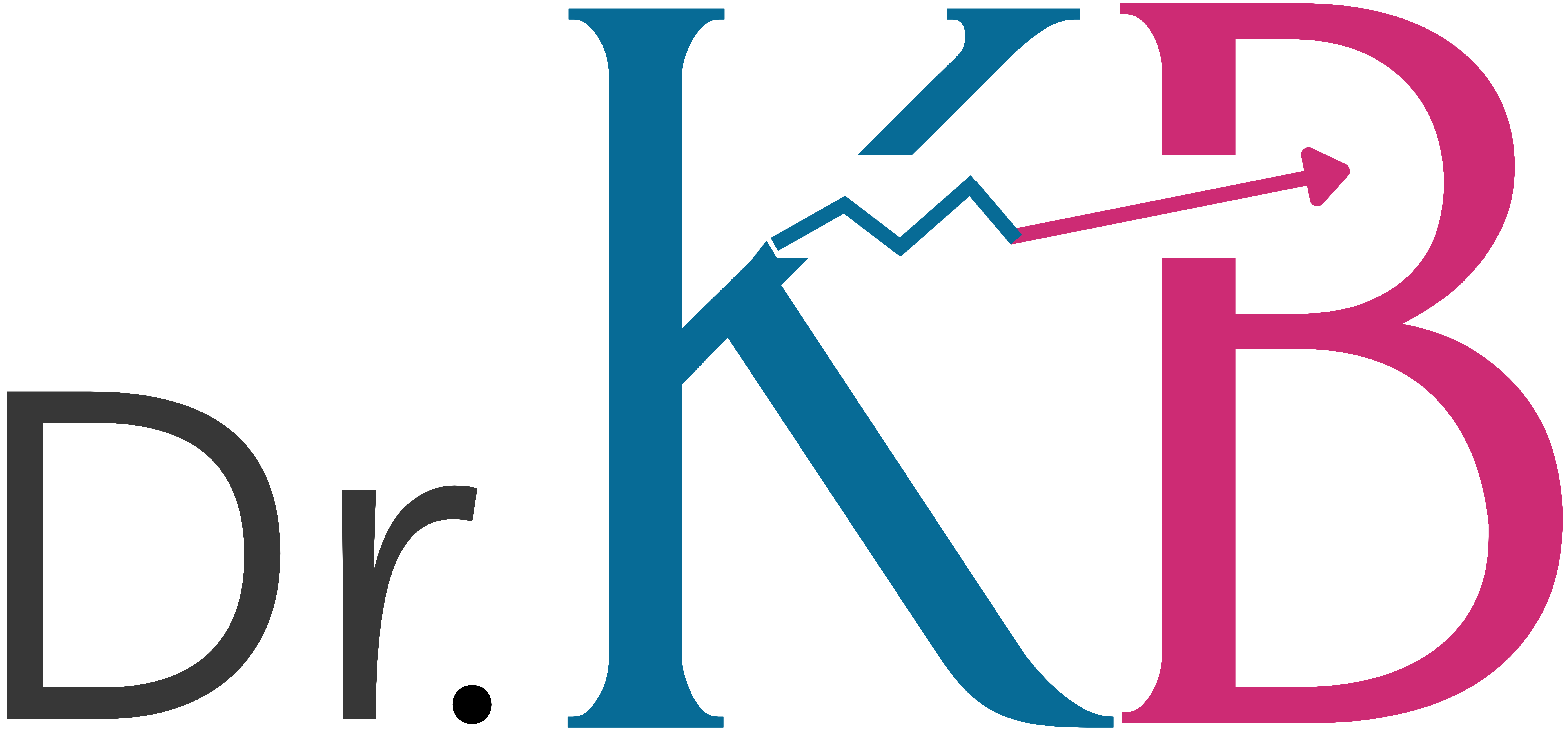3 Ways To Make Career Transition Easier
You will read a lot of advice on how to navigate your career transition. The recent article, Why career transition is so hard, published in the Harvard Business Review is well worth your time.
The author of the article has researched career transitions and her observations also apply to physicians.
In this post, I summarize and adapt the most pertinent points.
4 Factors that make career change hard.
1. Lack of institutional support
To get to your current clinical role, you followed sequential steps, each with a predictable time frame. You’ve had the support of training programs, mentors, graduations, and promotions to mark your progress.
As the career landscape for physicians evolves to include non-traditional and non-clinical career options, more fluid paths (think: side-gigs, entrepreneurship, portfolio careers) are emerging.
These fluid paths have fewer road maps and institutional guidance. You don’t know which options will fit you best and you don’t know where to start.
2. Loss of professional identity
“Psychological research shows our identities are anchored within the groups and organizations with which we are associated and by which we are recognized. Leaving these organizations and groups can leave us feeling lost, insecure, and irrelevant.”
This couldn’t be truer for physicians.
This loss of professional identity often leads to an emotional roller coaster ride. Prepare to be on the ride for longer than you anticipate!
3. We know what we DON’T WANT but can’t figure out what we DO WANT!
“Usually we fail to change simply because we don’t know how to go about it.”
Waiting until you’ve figured out what you want will likely keep you stuck in planning. Clarity comes with action and exploration.
Career change is an iterative process. Conduct a mini- career experiment, test the hypothesis, and adjust along the way.
4. The liminal state
“Anthropologists define a liminal state as one in which you must navigate between a past that’s clearly over and future that’s still uncertain.”
For most physicians, this uncertainty is very unsettling.
But liminality gives you the time and space to challenge old beliefs about yourself and focus on who you want to become. Use the liminal state to build skills, experiences, and make the connections needed to help you transition to the next phase.
The temptation might be to try to find the next career as quickly as possible. Be willing to “get and stay lost” for a while.
3 ways to make career change easier.
1. Diverge and delay
Consider experimenting with divergent career possibilities and delay making a commitment. This is counterintuitive advice, but the author points out that finding your next role will likely take longer than you expect. Make the most of this time by digging into information about yourself and your options and get creative in the process.
2. Exploit and explore
Most people making a career transition will need to stay in their current job (exploit) while looking for their next role. This is an opportunity to explore on the side until the next viable step is in full view.
3. Bridge and bond
To Bridge means to make new connections or re-activate old ones to help you find your next job. This is what networking is all about.
To Bond is to create community with a group of people who can support you on the journey and help process the rollercoaster of emotions.
Relationships are key during the career transition. You need both supportive and new connections.
Last words.
While leaving your current clinical role will likely be (temporarily) associated with uncertainty, loss of professional identity and a roller coaster of emotions, when you bring your patience, curiosity, grit, and relationship-building skills with you, you will get to the other side!
The author, Herminia Ibarra, is the Charles Handy Professor of Organizational Behavior at London Business School.

